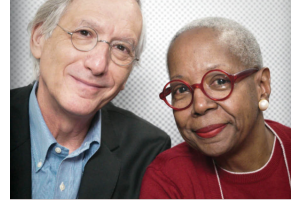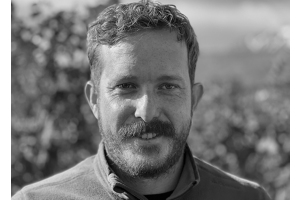
Edible Manhattan on how the Finger Lakes is making some of the world's best Riesling. "Hermann J. Wiemer’s wines can regularly be found on Pascaline Lepeltier’s wine list at Rouge Tomate Chelsea. “They show how riesling can reach fantastic tension, minerality and ripeness at the same time,” she says."
The Los Angeles Times talks to one of the most influential Latina sommeliers in the country. "Why idiosyncratic? Parsons and Garcia have, in effect, created a wine list that’s more conceptual than fixed."
The Mercury News profiles the couple behind the Princess and the Peasant label in Mendocino which focuses on unusual varietals. “You find little vineyard pockets with the most oddball varietals — vermentino, colombard, every white Italian varietal you can think of — in Potter Valley, Redwood Valley and the Talmage area,” Stephanie says."
The New York Times on how Jackson Family Wines is using high tech solutions to battle climate change. "The clearest sign of the Jackson family’s efforts can be found in the network of more than 100 reservoirs scattered across its vineyards. Some have cost as much as $1.5 million to build."
The New York Times on a prison in Italy where they are teaching inmates the wine trade. “Do remember, even if you had Trump over for dinner, the pope would still be served first. The clergy does come first, even before heads of state,” he said, to raucous laughter. The prisoners, whose identity is being protected by the prison, were not allowed to be interviewed or photographed for this article."
The Sacramento Bee on how UC Davis is looking to change its practice of dumping wine made by its students and instead sell the wine. "There are other academic dabblers in the state’s wine industry. Fresno State touts itself as the first university in the nation with a license to operate a winery as part of its overall educational program."
Decanter on problems with soil health. "‘Since the 1950s, French soils have gone from containing 2,000kg of worms per hectare to under 100kg,’ Claude told his audience at a recent conference. ‘Which means they are not able to bring up vital chemical and organic matter to the surface, and not able to prevent potassium, phosphate and nitrogen being washed out in rain water’."
The Drinks Business on how the owner of Screaming Eagle has purchased a Burgundy estate. "The acquisition is Kroenke’s first viticultural step outside of the US. In 2006 he and business partner Charles Banks bought Napa’s leading estate Screaming Eagle. Banks stepped back from that business in 2009."














